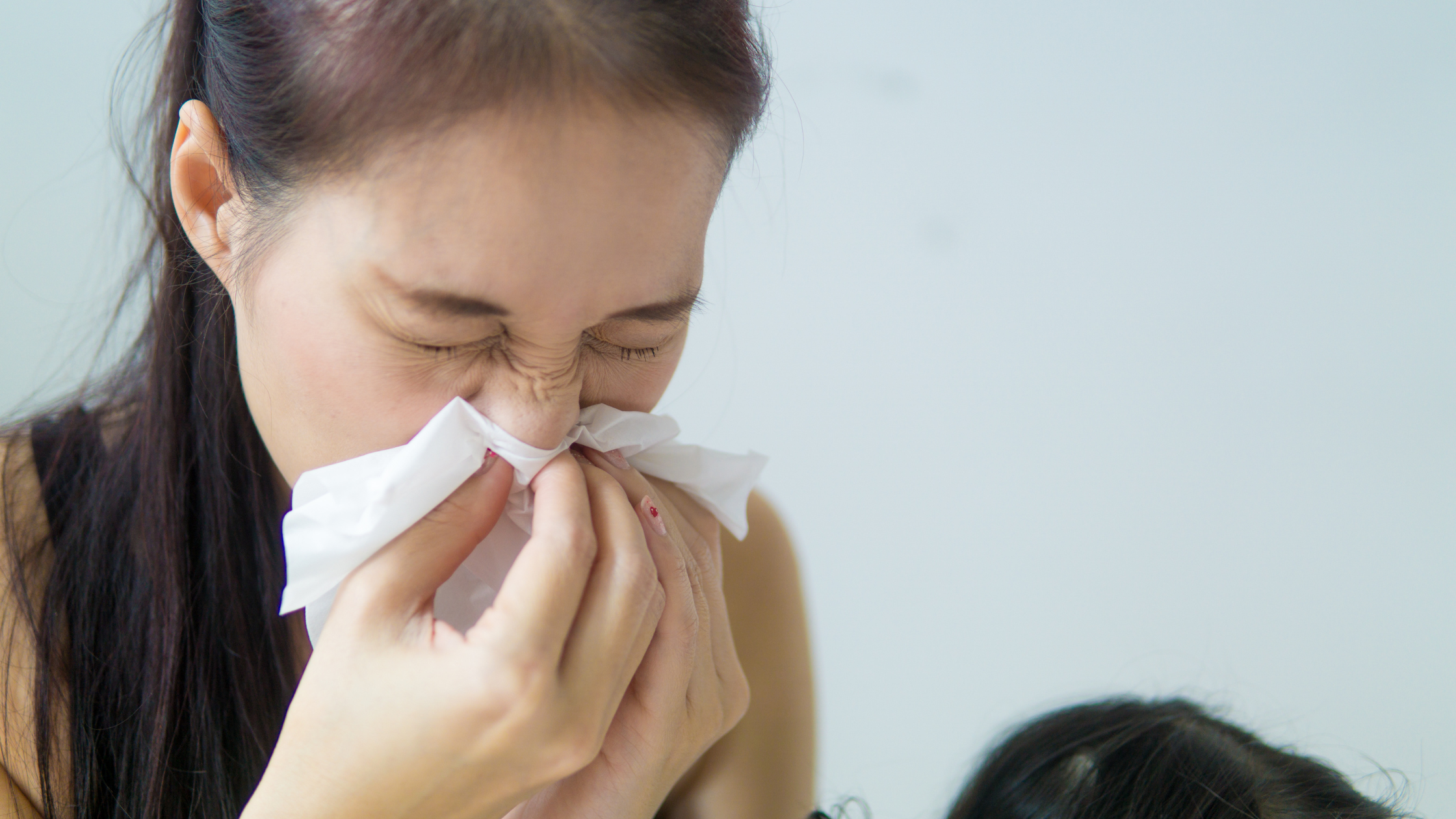
For many, the soothing embrace of sleep offers a respite from the challenges of the day. However, for those grappling with allergic rhinitis, a common condition characterized by nasal congestion, sneezing, and itchy eyes, the quest for a restful night's sleep can be elusive. Join us as we delve into the intricate relationship between allergic rhinitis and sleep and explore strategies to ensure that each night is a sanctuary of undisturbed, rejuvenating rest.
Understanding Allergic Rhinitis
Allergic rhinitis, often known as hay fever, is an allergic response to airborne allergens such as pollen, dust mites, or pet dander. Symptoms include nasal congestion, sneezing, itching, and watery eyes. While these symptoms are troublesome during the day, they can become particularly disruptive when trying to achieve a peaceful night's sleep.
Nasal Congestion and Sleep Quality
One of the primary challenges individuals with allergic rhinitis face is nasal congestion. This congestion can obstruct the airways, making it difficult to breathe freely during sleep. As a result, individuals may experience snoring, mouth breathing, or even episodes of sleep apnea, all of which can compromise sleep quality
Impact on Sleep Architecture
Allergic rhinitis doesn't just affect the ability to breathe; it can also impact the overall architecture of sleep. Studies suggest that individuals with allergic rhinitis may experience disruptions in the various stages of sleep, including a decrease in REM (rapid eye movement) sleep. This can lead to feelings of daytime fatigue and reduced cognitive function.
Sleep Fragmentation and Insomnia
The discomfort caused by allergic rhinitis symptoms can lead to frequent awakenings throughout the night, contributing to sleep fragmentation. Individuals may find it challenging to maintain continuous, deep sleep, which can result in insomnia-like symptoms. Addressing allergic rhinitis is key to breaking this cycle and promoting uninterrupted sleep.
Daytime Fatigue and Impaired Performance
Sleep disturbances caused by allergic rhinitis can have a profound impact on daytime functioning. Daytime fatigue, irritability, and difficulties concentrating are common consequences. For students and professionals alike, these challenges can hinder academic and work performance, emphasizing the need for effective management strategies.
Management and Relief Strategies
Managing allergic rhinitis is crucial for restoring sleep quality. This may involve allergen avoidance measures, such as using air purifiers, practicing good bedroom hygiene, and minimizing exposure to triggers. Over-the-counter or prescription antihistamines and nasal corticosteroids can also provide relief and improve sleep quality.
Consulting with Healthcare Professionals
Individuals experiencing persistent allergic rhinitis symptoms that interfere with sleep should seek guidance from healthcare professionals. Allergy testing, consultations with allergists, and personalized treatment plans can help address the root cause of the symptoms and tailor interventions for optimal sleep outcomes.
Conclusion
As we navigate the delicate balance between allergic rhinitis and sleep, it becomes evident that addressing the symptoms of hay fever is essential for unlocking the full potential of restorative sleep. By incorporating effective management strategies and seeking professional guidance when needed, individuals can transform their nights into a sanctuary of silent, restful breaths, paving the way for brighter, more energized days ahead. Sweet dreams await those who embrace the journey to a peaceful and allergy-free night's sleep.
If you or someone you love are continuing to have sleeping trouble, that may be a sign of an underlying problem. Please click the orange button below to take a free online sleep test and talk with one of our sleep health professionals.

